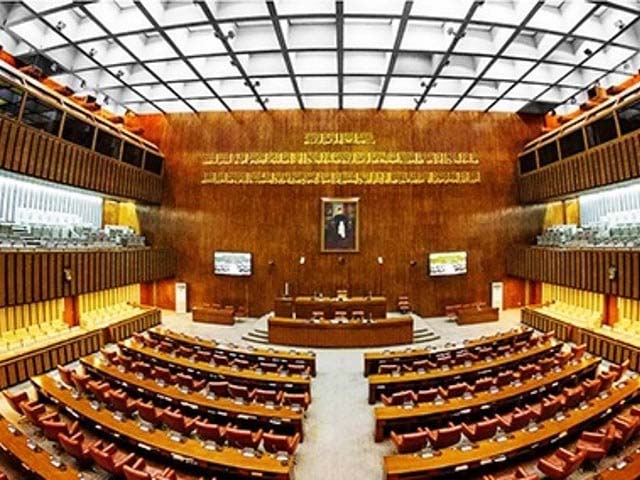In Islamabad, the process of voting commenced on Tuesday to select 30 senators following the vacation of their seats in the upper echelon of Parliament the previous month. March saw the departure of a minimum of 52 Senate members upon the culmination of their six-year term. The Senate, constituting a total of 96 members, includes 23 representatives from each of the four provinces, and four from the federal capital region of Islamabad. The provincial assemblies elect members from their respective provinces, while the National Assembly elects one senator from the Islamabad region.
The Senate maintains continuity through a system where half of its members retire every three years, and new ones are elected to replace them. The Election Commission of Pakistan (ECP) outlined plans to conduct elections for 48 seats, as four seats from senators representing tribal regions were invalidated following the amalgamation of these regions with the Khyber-Pakhtunkhwa province.
Before the amalgamation, eight senators were elected from the federally administered tribal areas, known as Fata. Notably, 18 senators secured their positions unopposed, including the entirety of the 11 senators from the Balochistan province, along with others from Punjab and Sindh. The polling process commenced at 9 am and is slated to continue uninterrupted until 4 pm.
Voting is taking place in the National Assembly hall for the selection of two senators. Ishaq Dar from the Pakistan Muslim League-Nawaz (PML-N), a constituent of the ruling coalition, and Raja Ansar Kayani from the Sunni Ittehad Council (SIC), a significant opposition party, are contending for the technocrat seat. Meanwhile, the competition for the general seat pits Rana Mahmood ul Hassan from the Pakistan Peoples Party (PPP), a supporter of the ruling coalition, against Farzand Hussain Shah from the Sunni Ittehad Council (SIC).
In Punjab, voting is underway for two women and two technocrat seats, as well as one minority seat for women in the province. Similarly, in Sindh, polling is ongoing for 12 seats, including seven general seats, two for women, two for technocrats/Ulema, and one non-Muslim seat.
However, in the KP province, the polling for elections on 11 senate seats has been stalled due to disputes surrounding the oath-taking of members elected on reserved seats. The stakes are elevated, with the ruling alliance of PML-N and PPP anticipated to secure a two-thirds majority in the upper house, a significant factor in the event of constitutional amendments, as a two-thirds majority is requisite in both houses for such changes.









